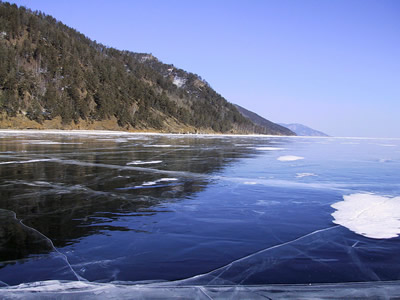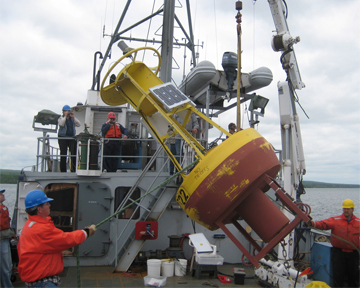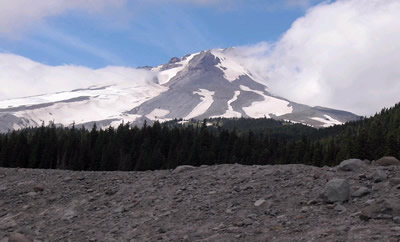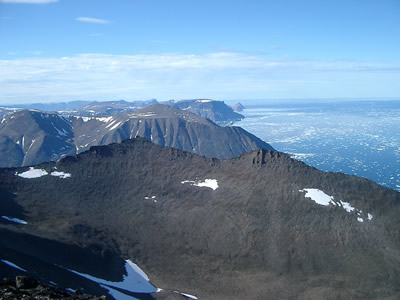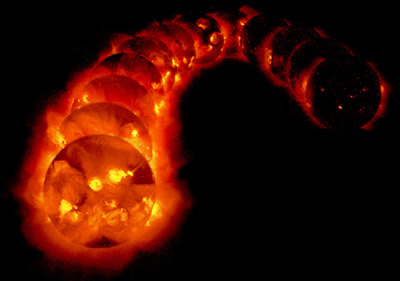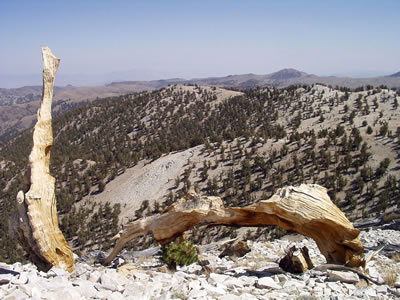Click on image for full size
Courtesy of Lyubov Izmest'eva
Global Warming Affects World's Largest Freshwater Lake
News story originally written on April 30, 2008
Scientists from Siberia and the United States have been studying a lake in a remote part of Russia for the last 60 years. They have discovered that temperature of this lake is rising, which means that this part of the world is experiencing global warming.
The lake, named Lake Baikal, is the world's deepest and oldest lake. It contains 20 percent of the world's freshwater, which means it is large enough to hold all the water in the United States' Great Lakes. Lake Baikal has been named a World Heritage site because it has so much biological diversity, including 2500 plant and animal species. Most of these plants and animals, including the freshwater seal, aren't found anywhere else in the world.
Stephanie Hampton, one of the scientists working on this study, said, "Warming of this isolated but enormous lake is a clear signal that climate change has affected even the most remote corners of our planet."
The data from the lake shows that the surface waters have warmed significantly and that the food web in this lake has had long-term changes. Scientists used to think that Lake Baikal would be the least likely to experience climate change because it has so much water in it and the water has a unique way of circulating.
The Siberian scientists studying this lake included three generations from one Siberian family. In the 1940s, Mikhail Kozhov began collecting and analyzing water samples from the lake because he thought this lake could teach us a lot about how lakes function. His daughter, Olga Kozhova, continued the program, and her daughter, Lyubov Izmest'eva is one of the current scientists working on this study.


